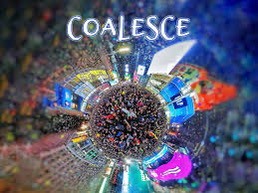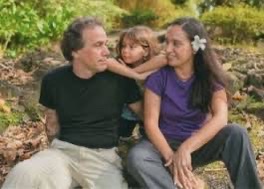So in a word, Love is the answer. If we were to live our life as a poet, a romantic poet let us say, one that was immersed in love, and indeed unable to sense or formulate a single thought that was not love, imagine how LOVING our existence would be.

But instead many of us focus on murders, such as we have in our negative media; personal vendettas, such as we are engaged-in at the workplace; and general cynical gossiping, such as makes up the Movement-to-Moment Points of our ongoing lives.

This is not to paint all of us with the same brush, but we must take responsibility for whatever part we play in the creation of negative Reality Constructs in our world. If we contribute If we contribute a negative gesture, we are partly responsible for the collective negative manifestation. It makes senses, does it not, given what I have described about the nature of our reality.

If we become angry at a person of a different color while driving our cars and shout at them and gesture at them in an absence way, we are responsible for our part in the collective negative manifestation of racial prejudice in our current timeframe. Does this not make sense? If we scream in anger at our child, we are responsible for the collective manifestation of child abuse in our time frame. It is quite logical in its consistency.

We may believe that if we commit these violations in private, that they do not count, because no one is observing our behavior. But telepathy, as I said before, is operative at all levels. We ALL know what is “on your minds.” We feel that we have to pretend that we DON”T know, however, to maintain our private lives.

Yet all of this will be out in the open soon, and I would urge us to clean up our thoughts and behaviors so that we will not be caught in the habitual negative thinking and behavior that currently hold us back.










































